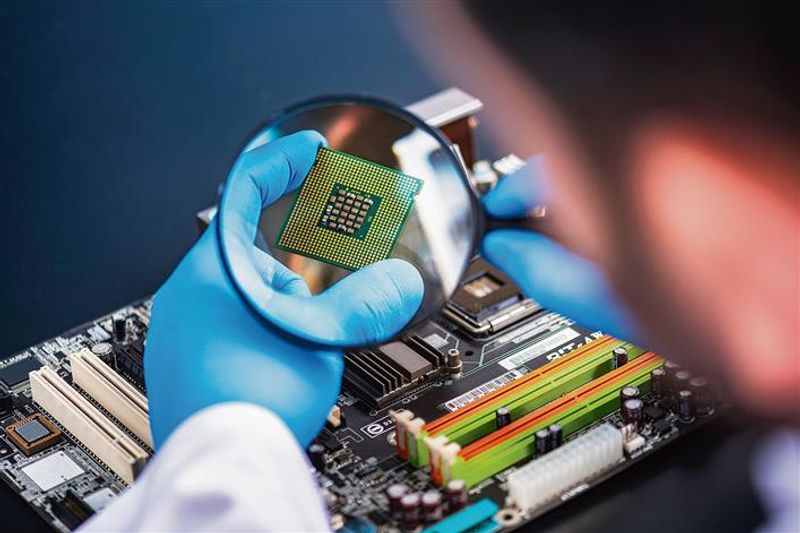Kathmandu: China has announced plans to ease the chip export ban it imposed after Dutch authorities took control of Nexperia, a Chinese-owned semiconductor company based in the Netherlands.
The Netherlands had invoked a Cold War-era law in September to take over Nexperia, citing “serious governance shortcomings” and the need to ensure chip availability during emergencies. In response, China halted re-exports of completed Nexperia chips to Europe, a move that alarmed car manufacturers dependent on those supplies.
Beijing said on Saturday it would “comprehensively consider the actual situation of enterprises and grant exemptions to exports that meet the criteria,” though it did not specify what conditions would apply. It also accused The Hague of “improper interference in the internal affairs of enterprises,” blaming it for “disrupting global production and supply chains.”
Around 70 percent of chips produced in the Netherlands are typically sent to China for processing before being exported to other countries. However, the Dutch-controlled Nexperia recently informed customers it would stop sending chips to China for processing, Reuters reported.
The European Automobile Manufacturers’ Association (ACEA) had earlier warned that European chip supplies from Nexperia could run out within weeks unless the Chinese export ban was lifted, potentially halting automotive production across the continent.
Beijing’s decision to ease export restrictions follows a meeting between Chinese President Xi Jinping and U.S. President Donald Trump in South Korea earlier this week, where the two leaders reportedly discussed semiconductor trade. The White House is expected to release details of a new trade agreement with China, including the resumption of Nexperia exports.
Nexperia, owned by Chinese parent company Wingtech, has faced multiple national security reviews in recent years. The U.S. government added Wingtech to its “entity list” in December 2024, while in the U.K., Nexperia was forced to sell its Newport chip plant amid security concerns.
-BBC
